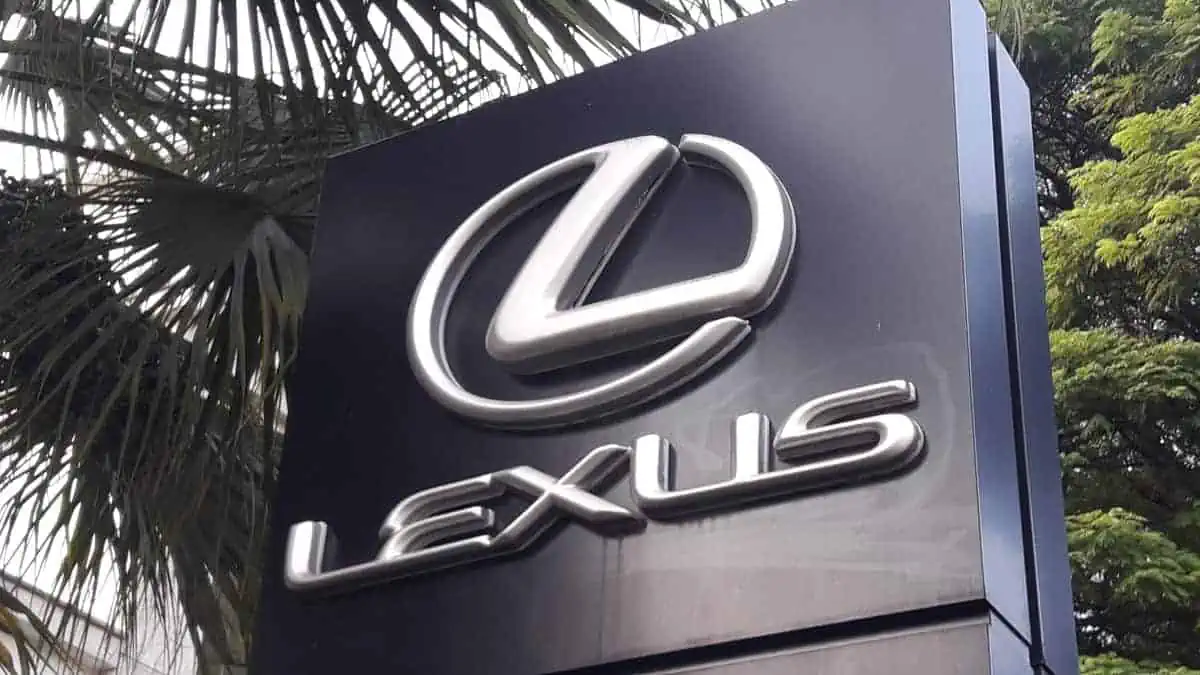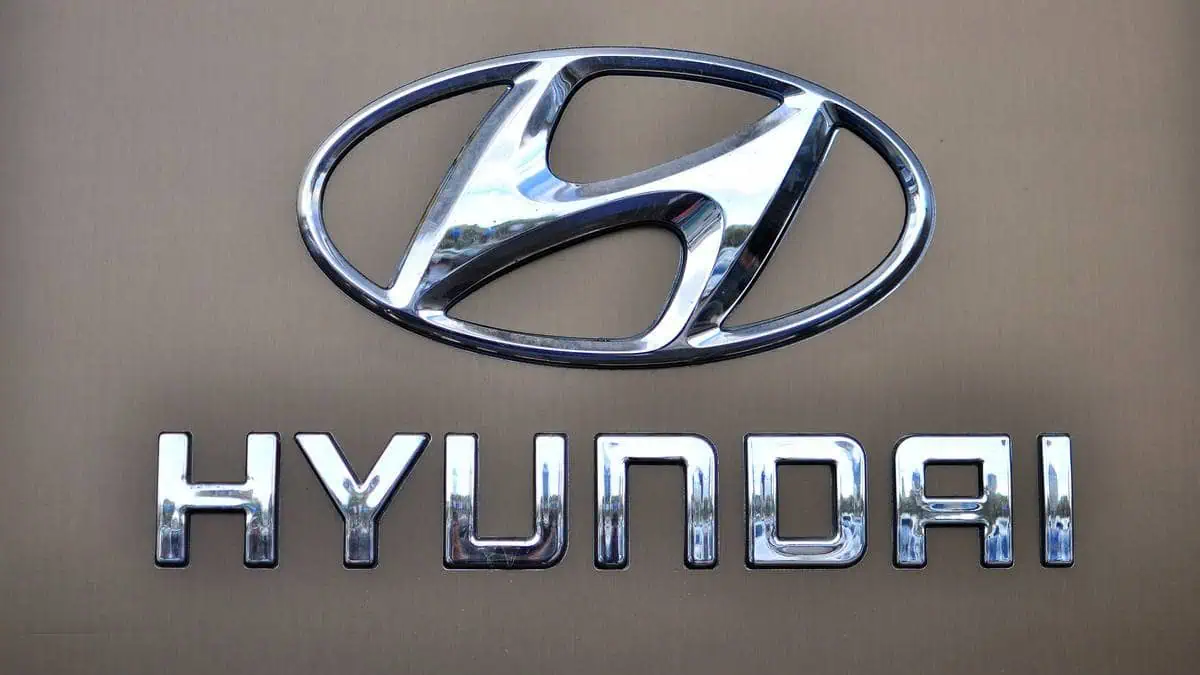Japanese legacy automaker Toyota plans to leverage its luxury brand Lexus to spearhead its electric vehicle push under the new “ajimigaki” strategy.
Lexus to spearhead Toyota’s EV transition
Lexus is poised to lead Toyota’s electrification plans with the new “ajimigaki” approach, according to Automotive News Europe.
Toyota launched its new research and development facility in Toyota City, Japan, in late March 2024. This new R&D center will help the company propel vehicle development as it seeks to produce “ever-better” offerings by adopting the latest tech and tools.
While the new Shimoyama Research and Development Center is not really a production plant, it will serve as a business and development hub for Lexus and GR models.
The site includes a three-floor Lexus complex that consists of twin towers, serving as Lexus’ new home. Toyota expects the facility to accelerate tech development and spearhead the Lexus brand’s shift to electric vehicles with the “look and feel of a pit at the Nürburgring.”
The high-tech HQ will enable Lexus to design, develop, engineer, prototype, and test cars under one roof for the first time. Toyota plans to employ “cutting-edge digital equipment” to accelerate EV development and production.
During the Shimoyama Research and Development Center’s opening ceremony, Toyota Chairman Akio Toyoda disclosed that approximately 3,000 people will “drive, break, and improve cars” in the facility.
“The more we drive and break cars, the ever-better they become.”
Toyota
The Ajimigaki strategy
Per Google Translate, “Ajimigaki” means “taste refinement” in English. While refining the brand is exactly what Lexus aims to do, the Japanese term has a deeper meaning internally.
During an exclusive tour of the site, Toyota’s Global Design Chief Simon Humphries told the industry publication that the facility would significantly revolutionize how Lexus manufactures cars.
At the same time, it will also help Lexus speed up its electrification push by enabling it to conduct standalone operations. In effect, the luxury brand will gain a competitive advantage over Japanese rivals like Acura and Infiniti. In contrast, these brands mix operations with their parent companies, Honda and Nissan, respectively.
“With the amount of projects we have underway, being able to have all this together in one place is extremely important. All the tools are there for the creative process.”
Toyota’s Global Design Chief Simon Humphries
Toyota aims to utilize the facility to revitalize the luxury brand through the ajimigaki strategy. By accessing “all the tools” for the creative process in a single facility, Lexus can substantially accelerate its electrification after falling behind early.
Notably, Toyota’s next-gen electric vehicle platform will launch with Lexus models in 2026. The luxury brand showcased two car concepts, including the LF-ZC and LF-ZL, at the 2023 Japan Auto Show. The production models of these concepts are expected to ride on the new platform.
While the Lexus campus is just a part of the enormous Toyota Technical Center Shimoyama, it will still have a crucial role in Toyota’s electric future. Lexus aims to roll out an electrified option for all of its models by 2030. After five years, it expects to become an all-electric brand.






